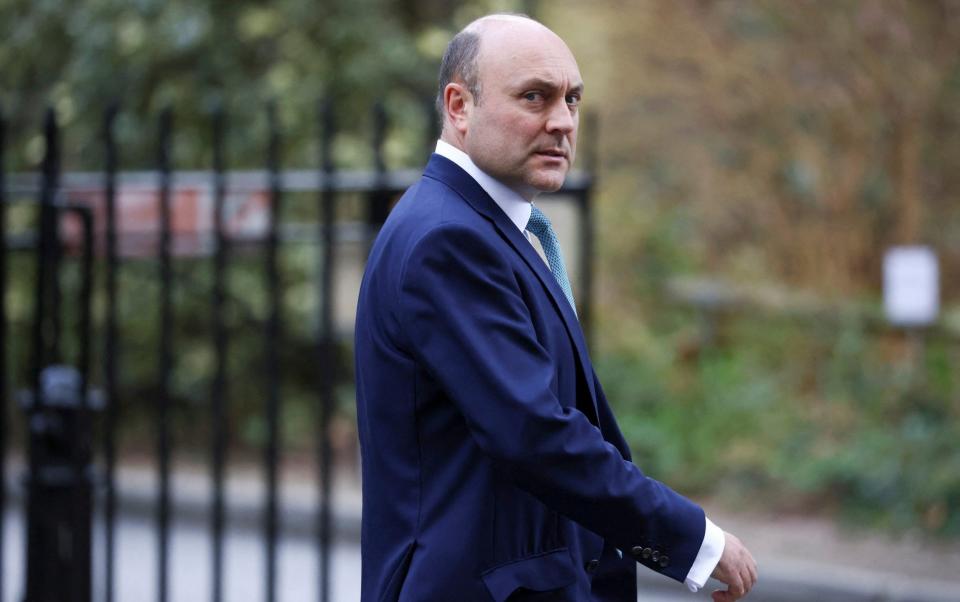Bank of England accused of strangling City in red tape

The Bank of England has been accused of strangling the City in red tape after two of Britain’s biggest lenders warned they could be forced to set aside an extra £50bn from 2025.
Barclays and NatWest disclosed they could be required to hold up to an extra £34bn and £18bn on their respective balance sheets, owing to proposed changes to capital requirement rules and other factors including increased lending.
It comes after the Bank’s Prudential Regulation Authority (PRA) announced that it would require banks to adhere to almost all of the so-called Basel 3.1 banking rules, despite Brussels watering down its own regulations.
The Basel rulebook was introduced in the wake of the 2008 financial crisis in a bid to safeguard against future emergencies. The rules dictate bank capital requirements and require them to keep a cash buffer in case they face heavy losses in a downturn.
Critics have argued that the PRA’s proposed changes will reduce lending to small businesses and put the UK at a competitive disadvantage with the EU.
Lenders have been told by the City minister that they could sue the Bank of England over tough new financial rules amid fears that Threadneedle Street's regulations are putting the City at risk.
Andrew Griffith's unusual suggestion was regarded as a sign of deepening tensions between the Bank and the Government, which is attempting to make London more competitive following concerns that its role as a global financial hub is being eroded.

Officials are pushing on with the so-called “Edinburgh reforms” that will tweak a host of banking, capital raising and listing rules in a bid to boost the City.
Writing in The Telegraph, Mr Griffith said: “The UK must compete for every pound, dollar or euro... if we need to go further, then we will.”
Simon Morris, a partner at City law firm CMS, said: “Proposing a substantial capital hike for the UK’s largest banks can only result in less business at greater cost.
“It is surprising if the PRA really wants this for several reasons. First, it has repeatedly stated that UK banks are already strongly capitalised. Next, when interpreting Basel 3 requirements, the PRA has a record of deviating from EU norms to meet UK requirements without compromising prudential standards.
“It would be strange for it to reverse this stance especially when the Government is calling for enhanced UK financial competitiveness.”
The disclosures from NatWest and Barclays mark the first time large British banks have revealed the potential effect the PRA’s changes will have on capital requirements.
Barclays and NatWest both said they expect their risk-weighted assets (RWAs) to increase by between 5pc and 10pc from the start of 2025, with the former saying it expects the jump to be at the lower end of that scale. Barclays’ current RWAs are £336.5bn, while NatWest’s stand at £176.1bn.
A source close to NatWest said the expected increase encompasses all RWA movements, including increased lending and risk parameter changes as well as reforms to Basel standards.
Smaller banks are concerned they will be hit even harder, with one City banking boss saying he believes the changes will lead to a 1pc increase to the cost of small business lending.
Phil Evans, the PRA’s prudential policy director, previously said the regulator’s proposals will not “significantly increase capital requirements”.
Barclays, NatWest and the Bank of England all declined to comment.
Concerns about the City’s competitive position were exacerbated last week when building material giant CRH became the latest company to leave the London stock market for New York, while British technology darling Arm also said it was shunning London for its bumper listing.

 Yahoo Finance
Yahoo Finance 